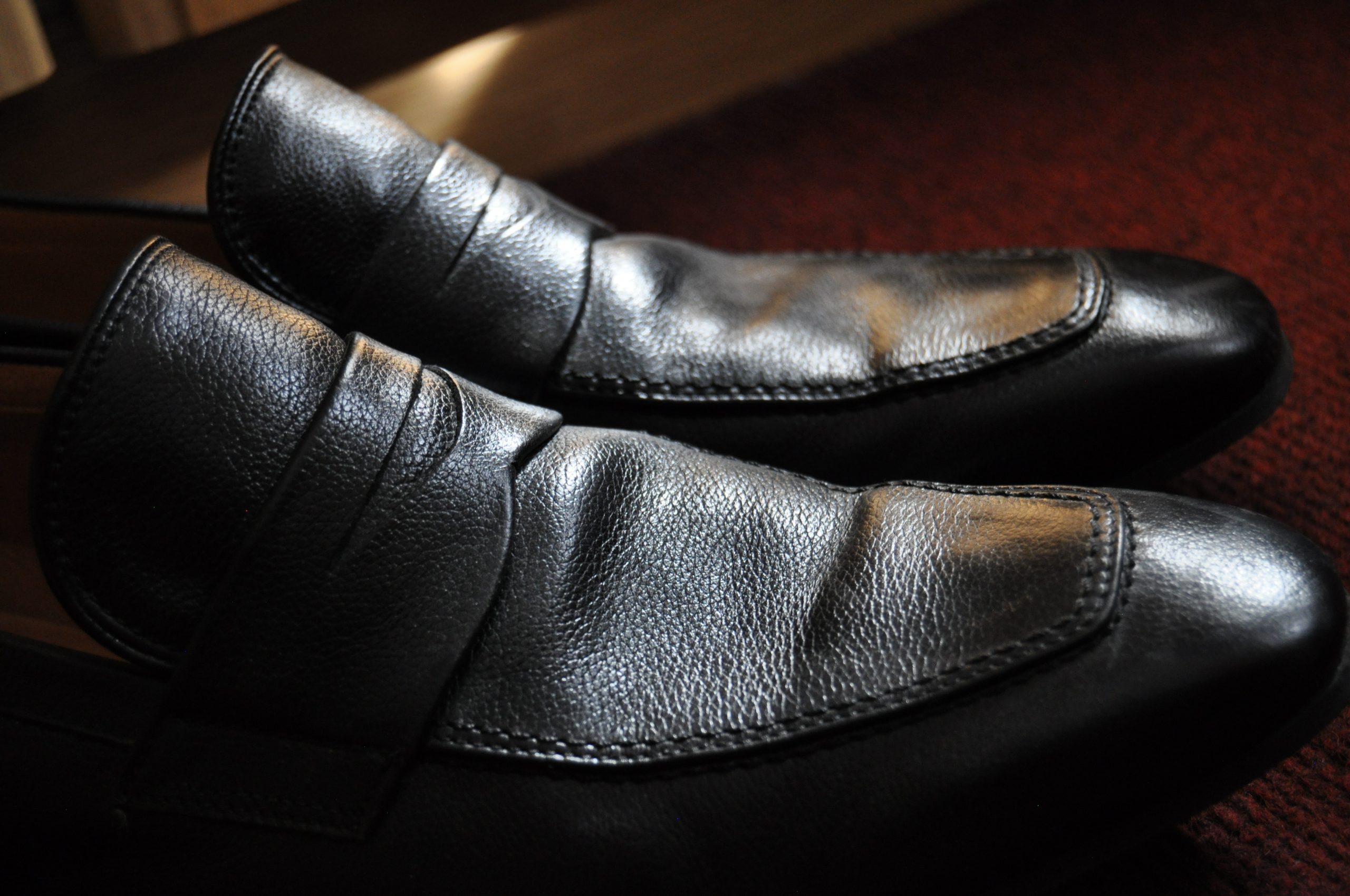If one wants to tell the story of rock’n roll, one cannot leave out his name: before Elvis Presley or the Beatles dominated show business, it was musicians like Ricky Nelson (1940 – 1985) who provided the reason why rock’n roll was called rock’n roll. But how come Nelson’s career went into steep decline from the mid-sixties onwards and phenomena such as Elvis Presley or the Beatles dominated the music charts?
One thing is sure – Ricky Nelson was at the top of the charts quite often: Nelson topped the Billboard charts on over 50 occasions. Nelson came from a musical family – his father was a bandleader and his mother was a singer. Nelson’s father Ozzie Nelson was from New Jersey and had founded his own band in 1930 – this orchestra enjoyed a certain status at the time: Ozzie Nelson’s orchestra came out on top ahead of Paul Whiteman’s orchestra in a competition, the winner of which was able to call itself the best orchestra in New York City.
The Adventures of Ozzie and Harriet
In the forties, Ricky’s father Ozzie was able to make his band better known through the media of the time: From 1944, the band had their own radio show, The Adventures of Ozzie and Harriet. It was foreseeable that it would not be long before Ricky Nelson, born in 1940, would appear on his parents’ radio show – in 1949 he appeared for the first time alongside his brother David on the radio show The Adventures of Ozzie and Harriet.
A little later, the radio show also became a television show – in line with the technical advances of the 1950s: it was in the nature of things that Ricky Nelson also appeared regularly on the family television show and thus became known to a very wide audience.
In the fifties, Ricky Nelson was well on his way to becoming one of the first teenage stars in show business in the United States: The musical interludes he delivered on the family show, among others, soon delighted numerous music listeners.
Ricky Nelson usually provided a vocal interlude at the end of an episode of the family show.
Role model for Elvis Presley?
Back then, when music could only be released on records, it was common practice to put a song with hit potential on the A-side of the record and a less promising song on the B-side. It was therefore not uncommon for the song on the B-side of a record to be no more than a gap-filler, barely noticed by listeners and not even mentioned in the charts.
With Ricky Nelson, things were a little different: when a Ricky Nelson record was released, it was a foregone conclusion for a while that both songs, the one on the A side and the one on the B side, would end up in the charts.
Although Elvis Presley was five years older than Ricky Nelson, it is quite possible that Ricky Nelson was one of Presley’s role models: Presley is said to have later told guitarist James Burton that he never missed an episode of The Adventures of Ozzie and Harriet and was particularly impressed by Nelson’s singing skills. James Burton was the guitarist in Ricky Nelson’s band for a long time and later worked for Elvis Presley for several years.
Ricky Nelson usually provided a vocal interlude at the end of an episode of the family show, which also helped to propel his records to the top of the charts.
Rio Bravo
Ricky Nelson undoubtedly gave one of the most memorable performances in the Howard Hawks western Rio Bravo (1959) alongside John Wayne, Dean Martin and Walter Brennan: Nelson performed the folk song Cindy in the western – Hawks decided to cast Ricky Nelson in the role of Colorado Ryan and later said that the great success of Rio Bravo was partly due to Ricky Nelson’s performance – Rio Bravo is now regarded as one of Howard Hawks’ best westerns.
The scene in which Nelson performs Cindy with Dean Martin is truly magical: even the seasoned western actor John Wayne cannot escape this magic and is visibly fascinated by the vocal performance. In this film, Ricky Nelson showed that he not only had enormous musical potential, but could also call a true acting gift his own – one wonders what kind of actor Ricky Nelson would have become if he had been engaged in more roles like this. But something prevented Ricky Nelson from continuing in this direction – instead, in the sixties, he threw himself back into the raw competition with other musicians, which became increasingly hopeless with the emergence of new musical movements and phenomena…
Rehashing songs from the 1930s was considered completely unfashionable.
Travelin’ Man – fascination for younger and older music listeners
In 1961, Ricky Nelson released one of his most famous songs ever: Travelin’ Man climbed to the top of all the charts at the time. The special thing about Ricky Nelson was that he captivated younger and older generations alike – a big difference to phenomena such as Elvis Presley or the Beatles, who also made their way into US show business from 1963 as part of the “British Invasion”. Elvis Presley enjoyed a high reputation mainly among younger generations, whereas Ricky Nelson’s music combined modern elements with classical accents of the American music culture of the time – so Nelson’s music was not just reserved for the younger generation of music listeners.
This may also have to do with Ricky Nelson’s soft spot for American music of the 1930s: Ricky Nelson expressed his fondness for the music of the 1930s with, among other things, a reinterpretation of the hit For You, which was once made famous by bandleader Glen Gray (1906 – 1963).
But although these works were of enormous artistic quality, they were by no means a guarantee of success in the highly competitive music world of the 1960s: on the contrary, rehashing songs from the 1930s was considered completely unfashionable.
Stone Canyon Band – untapped potential
By the mid-1960s, rock’n roll was practically “dead” for Ricky Nelson and he wanted to devote himself to country music: This may mainly be explained by the lack of success in the ever-changing world of mainstream music. To devote himself entirely to country music, Ricky Nelson founded the Stone Canyon Band in 1969 – almost nothing is known about this band and its numerous albums from the seventies today, but this does not mean that the band did not have a lasting influence on US show business. Rock musician Randy Meisner (1946 – 2023), who was later a founding member of the extremely successful band Eagles, was a member of Ricky Nelson’s Stone Canyon Band for some time.
Ricky Nelson never repeated his overwhelming successes of the fifties: although he had the potential to become a singer and actor who inspired both younger and older generations, he did not get the chance to fully exploit this potential.
Cover picture: © Simon von Ludwig
Main sources: Ricky Nelson’s biography via rickynelson.com and a documentation on Ricky Nelson via YouTube.

 Deutsch
Deutsch


